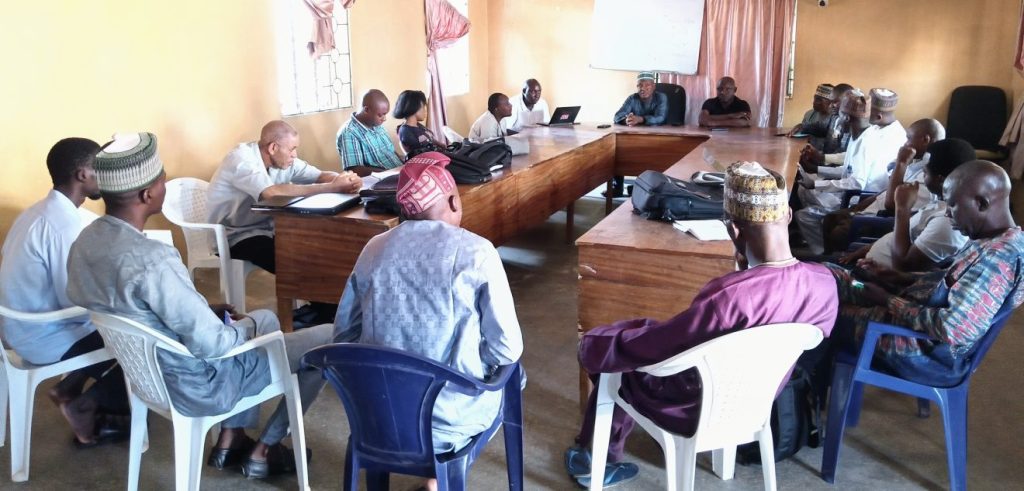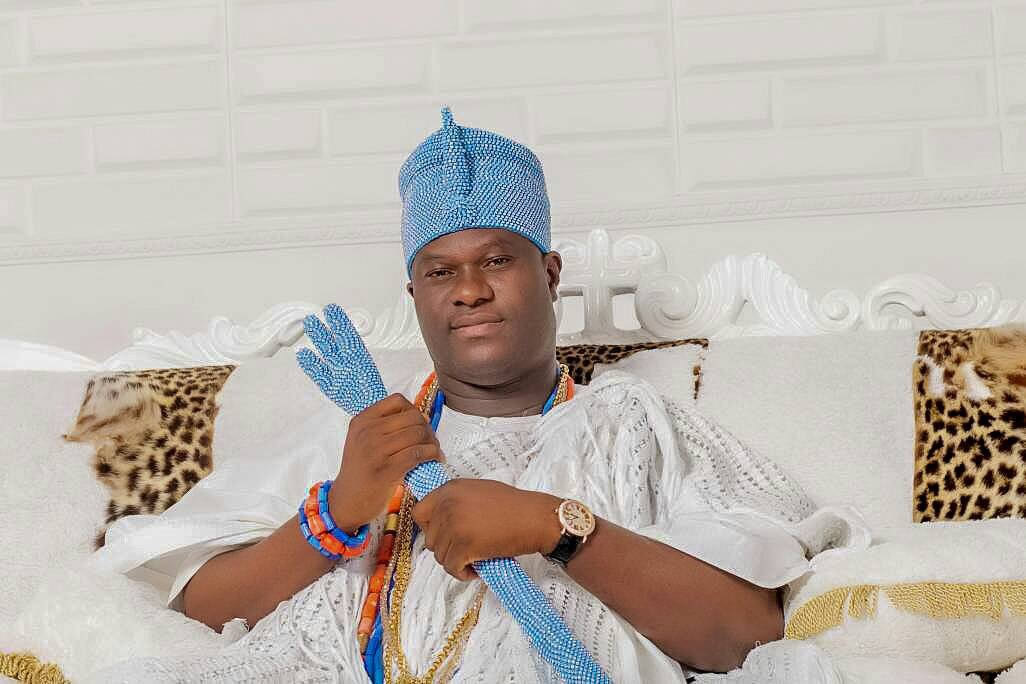
By Philip Yatai
The Disability Community in Kaduna State on Tuesday appealed for equal access to educational facilities and learning materials in the state-owned tertiary institutions.
The community made the appeal in Kaduna during a one-day media chat on inclusive education organised by the Kaduna State Chapter of the Joint National Associations of Persons with Disabilities (JONAPWD).
The media engagement was supported by the Coalition of Associations for Leadership, Peace, Empowerment & Development (CALPED) and the Kaduna State Disability Affairs Board.
Mr Suleiman Abdulazeez, State Chairman of JONAPWD, said that in spite of the existence of an Inclusive Education Policy in the state, most of the state-owned tertiary institutions were not accessible to Persons with Disabilities (PWDs).’
Abdulazeez defined inclusive education as an educational system that ensured teaching, curriculum, school buildings, classrooms, play areas, transport facilities and toilets were appropriate for all students, regardless of their abilities or disabilities.
He complained that PWDs in the various state-owned tertiary institutions of learning, including the federal and private institutions, were grappling with physical barriers, making it difficult to access classrooms, laboratories and offices.
He added that there was also the problem of communication, particularly for the hearing and visually-impaired people in tertiary institutions.
Other barriers, he said, include attitude, perception and intersectional experiences, making it difficult for PWDs to study in tertiary institutions.
According to him, inclusive education ensures that all students learn together in the same school with no discrimination.
He, therefore, called for transformation of the whole education system through the implementation of relevant policies and laws, funding, administration, infrastructure
design, education delivery and monitoring to ensure inclusiveness.
He disclosed that JONAPWD was currently implementing a project entitled “Advocacy and Capacity Strengthening of Young Persons with Disabilities on Inclusive Education Framework in Nigeria” in the state.
He said that the project is under the Strengthening Civic Advocacy and Local Engagement (SCALE) project, a one-year project funded by USAID being implemented through Palladium.
Malam Rilwan Abdullahi, the National President, National Association of Persons with Physical Disabilities in Nigeria, said the project was designed to address the inaccessibility of tertiary education by PWDs in the state.
Abdullahi said only a few PWDs transited from secondary schools to tertiary institutions because the facilities, the delivery system and attitude of the education managers were not friendly to PWDs.
He added that some of the PWDs were being limited to studying certain courses in tertiary institutions because of disability, which he described as “unacceptable”.
The Executive Secretary, Kaduna State Disability Affairs Board, Alhaji Aliyu Yakasai, added that the state government was doing all it could to address the concerns.
Yakasai, however, said much needed to be done, considering the complex nature of disabilities that was still not understood by many, including high ranking government officials and academics.
He stressed the need for massive media campaign to sensitise the public on disability inclusion in education and other spheres of life.
Mr Martin Dangwa, the Head, Enterprise and Entrepreneurship Development, CALPED, described the inaccessibility of tertiary institutions to PWDs as a “gross discrimination.”
He said “no wonder you don’t see many PWDs studying professional courses like engineering, medicine and other critical courses that will enable them to contribute their quota to societal development.
“They are simply limited to special education and other skill acquisition programmes because of their disabilities. This is unacceptable.”
Dangwa pledged the continued support to the disability community in their quest to ensure that they acquired the needed education that they deserved and have a voice at the governance table.
Earlier, Mr Smith Waya, the Programme Officer of the Inclusive Education project, explained that the media roundtable was organised to solicit the support of media in championing the course of PWDs in the state.
Waya said the media would play a key role in the ongoing advocacy to promote inclusive education in Kaduna State-owned tertiary institutions being piloted at Kaduna State University for others to emulate. (NAN)



